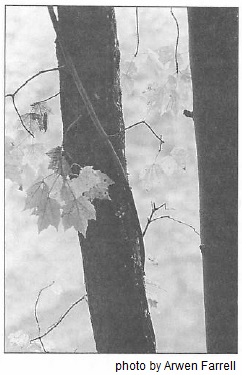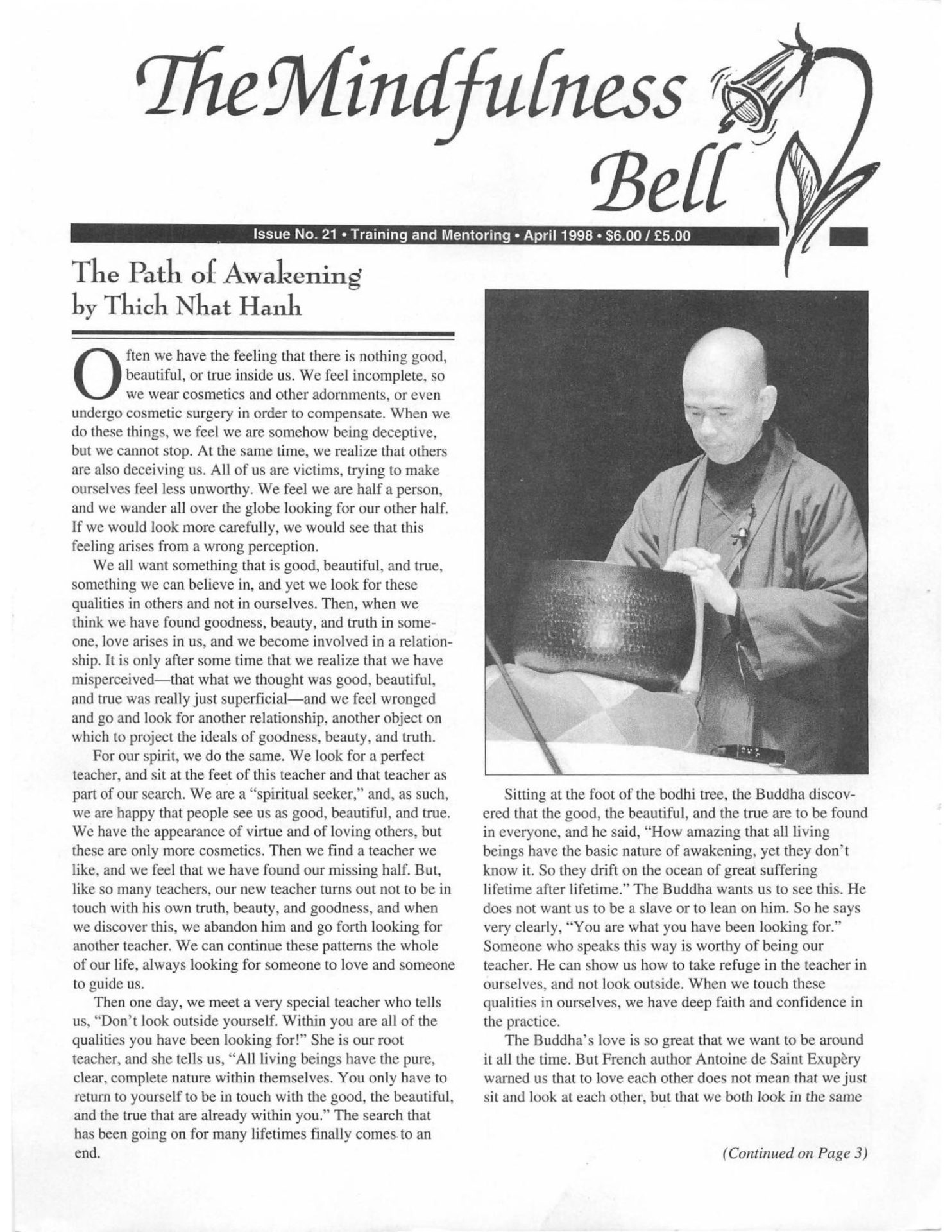By Jack Lawlor There are times we instinctively offer a hand to a friend, and times we reach for a helping hand. I’ve experienced these instincts hiking with friends through a beautiful, ancient bog, known as a fen. As urban refugees from Chicago, we come simply to enjoy the wetland beauty, hiking the trail to kayaks at a broken down dock.
Like life itself, the trail offers some big surprises! If you aren’t careful, your legs may penetrate the bog and you’ll sink to your hips in primordial ooze!
By Jack Lawlor There are times we instinctively offer a hand to a friend, and times we reach for a helping hand. I've experienced these instincts hiking with friends through a beautiful, ancient bog, known as a fen. As urban refugees from Chicago, we come simply to enjoy the wetland beauty, hiking the trail to kayaks at a broken down dock.
Like life itself, the trail offers some big surprises! If you aren't careful, your legs may penetrate the bog and you'll sink to your hips in primordial ooze! When we reach parts of the trail where I've lost legs and footwear, I instinctively help others navigate the boundary. Although my friends are ultimately capable of navigating, I offer the benefit of my experience. The instinct is the same when I help a novice into a floating kayak. The craft seems unstable until you slide in. I offer a hand to bolster my friends' confidence in their own balance and poise, and they, in tum, reach out to me. Spiritual mentoring is much the same. A true spiritual friend humbly offers the helping hand of experience. A good mentor recognizes and nourishes talents already present. The talents revealed may surprise the student! The teacher demonstrates, usually by example, how to build upon these abilities, transmitting confidence in the process.

Spiritual mentoring relies upon the mentor's taking time to look deeply into a friend. The mentor's experience enables him or her to recognize the friend's aspiration to attain enlightenment and release from greed, anger, and delusion, for the benefit of self and others-in Buddhist terms what is revealed is the student's bodhichitta.
Bodhichitta is inherent in everyone, and expresses itself daily, though sometimes in timid and clumsy ways. The mentor helps the student develop spiritual practice in mindful and joyfully purposeful ways. With each day of regular sitting and walking meditation, each little success in maintaining conscious breathing, our mentored friend's confidence grows and his or her bodhichitta blooms into lotus petals of innumerable helping hands. In time, the friend becomes a mentor to others.
Mentoring can be especially challenging for lay Dharma teachers and lay members of the Order of Interbeing. Our daily attention is devoted to the millions of details of running a business or profession thoughtfully, the thousands of concerns of family life, the hundreds of challenges in social service and volunteer work, and the scores of items which must be tended to for a lay Sangha to thrive. Helping a novice kayaker on the dock, I may start daydreaming about these details and find myself in the water! In offering spiritual mentorship to a friend, I must, above all, let go of my projects and relationships and simply be present.
The Seventh Mindfulness Training of the Order of Interbeing, Dwelling Happily in the Present Moment, may be our collective mentor! It instills confidence that we need not lose ourselves in dispersion and that mindful breathing will bring us back to the present, to what is wondrous, refreshing, and healing inside and around us. Practicing this way, every day, in the company of a spiritual friend can lead to deep transformation for both mentor and friend.
The reciprocal nature of mentoring is easily overlooked. In nurturing, the mentor becomes vulnerable. My friend's problems may be unfamiliar territory to me. A good mentor admits when he or she is in unfamiliar territory. At this point, the mentor and student can learn from each other, using the considerable resources of mindfulness practice!
Mentoring can be a duet where both parties learn and come to understand the needs of the other. If the mentor can be honest enough to reveal his or her needs and limitations, miscommunication and false expectations can be reduced. When I take friends through the fen to go kayaking, I don 't guarantee they won't fall in the bog, capsize, or meet their fair share of ticks. But a little care and attention boosts the confidence of even the most squeamish city person entering the wonderful world of the swamp. My friend emerges more aware of the environment and our place in it. The company of novices, seeing this waterlogged world through beginner's eyes and mind, refreshes me and leads me, too, to new discoveries.
It is the same with spiritual friendship between teacher and student. Perhaps what the mentor can do best is instill confidence that calmness, clarity, and insight are possible. Sure enough, we'll tum on the non-Buddha channel now and then! But our daily return to mindfulness practices makes transformation possible. Demonstrating these practices day in, day out, in non-glamorous settings, the teacher ultimately liberates the teacher within the student. Each step of the way, the teacher refreshes his or her own experience, drinking deeply from the well of the Dharma, thanks to the genuine aspiration of the student at his or her side.
Dharma teacher Jack Lawlor, True Direction, is co-director of the Order of Interbeing and author of Sangha Building. He is afounding member of the Lakeside Buddha Sangha in Evanston, Illinois.

